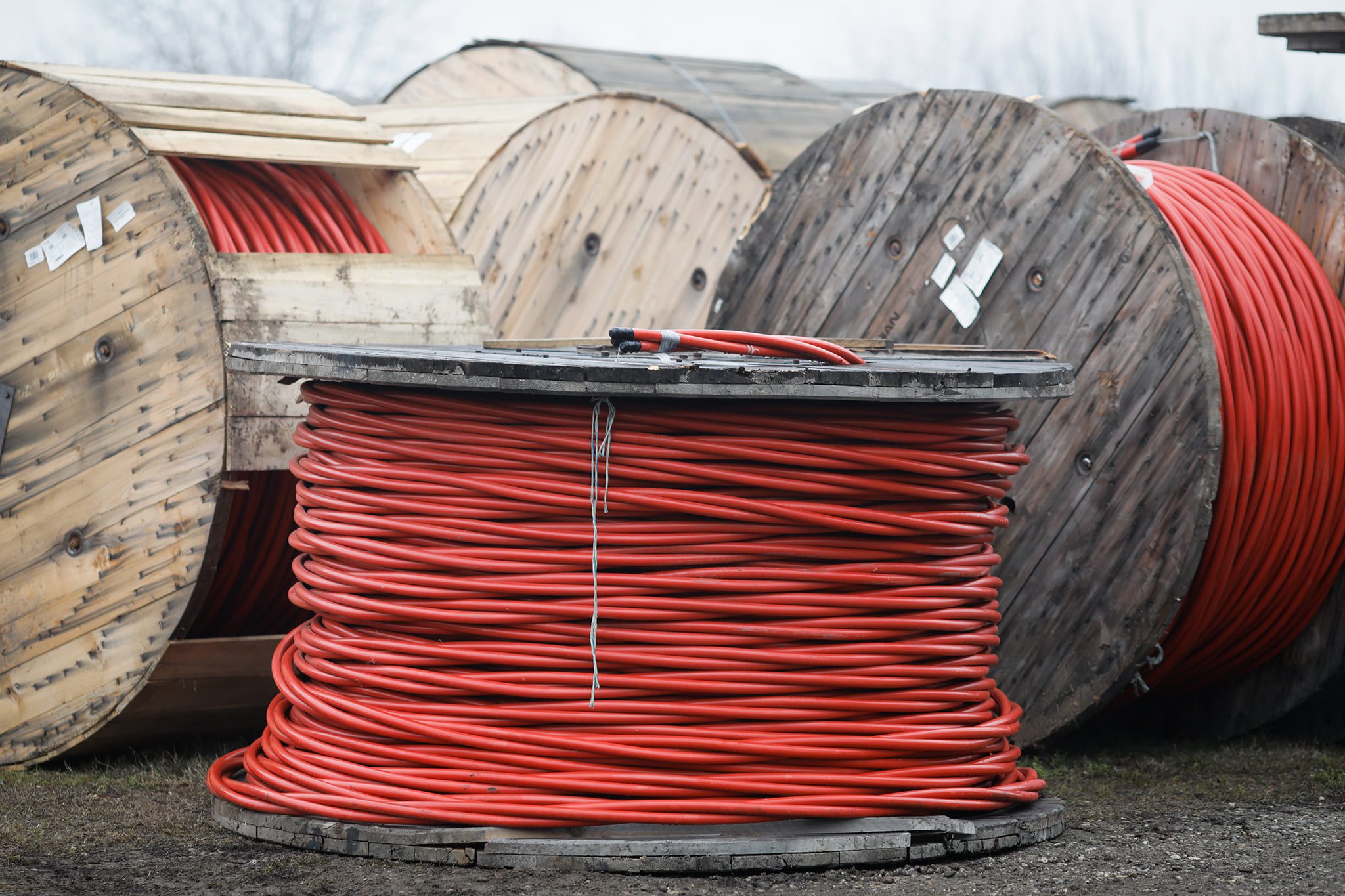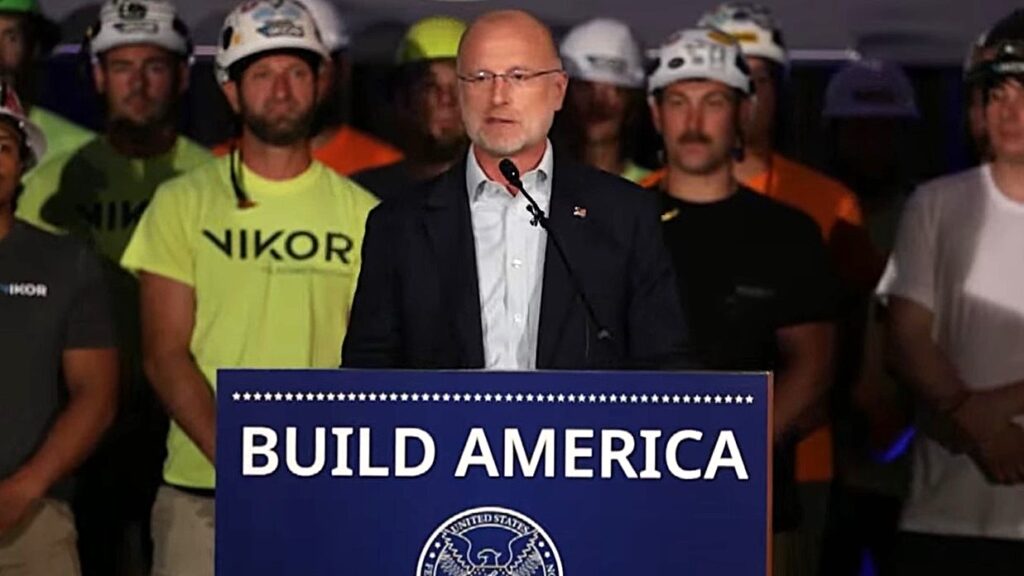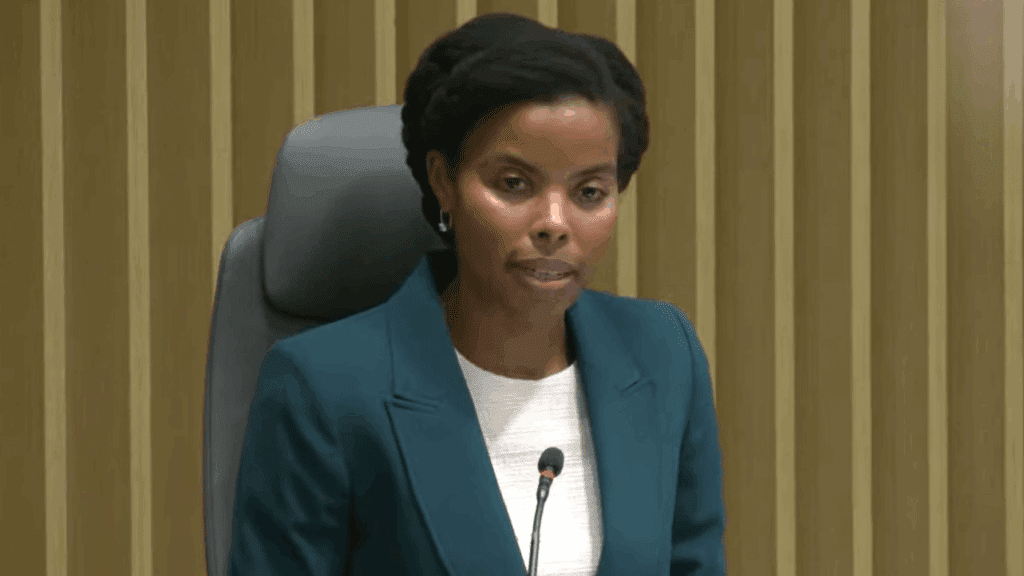Rural Groups Seek Future-Proof Broadband Networks
Randy Sukow
|

NRECA and NTCA, The Rural Broadband Association were among six organizations to sign a letter to Congress urging not just broadband coverage in rural and other unserved communities, but fiber networks that are built to last. Congress continues to debate an administration proposal to spend $65 billion and build “universal” broadband service.
Other organizations joining with NRECA and NTCA were the Fiber Broadband Association, the Electronic Frontier Foundation, INCOMPAS and Public Knowledge.
“As entities receive funds to deploy broadband, Congress should require they build networks that will be scalable over time to meet the online needs of their communities,” the groups said, according to a press release. “These future-proofed networks will support public safety, small business growth, education and telemedicine needs while enabling precision agriculture, powering 5G technology, and allowing for real-time, two-way communications by many users at the same location.”
The current minimum speeds for broadband funding eligibility among many federal programs are 25 Mbps downstream and 3 Mbps upstream. The groups say that the infrastructure bill Congress is now debating should increase that minimum to 100/100 Mbps.
The statement goes on to mention that other major industrialized regions, “including China, the EU and the UK,” have set the goal of providing gigabit service by 2025. In a way, gigabit is already becoming the unofficial goal rural U.S. providers. A large majority of the entities that won funding in the 2020 Phase I Rural Digital Opportunities Fund (RDOF) reverse auction pledged to provide gigabit service within six years.
However, controversy has surrounded several of the participants in the RDOF auction over whether they will have the technological and financial capability to deliver on the gigabit promise. Members of Congress and many in the communications industry have asked to FCC to give close scrutiny to the RDOF long-form applications before approving any funding. That process appears to be delaying RDOF distributions.
In a related story, Senate Republicans have begun putting some pressure on the FCC to speed up the RDOF pace.
“We fully support a thorough review of long-form applications and expect the FCC to do so in a timely and transparent manner,” ranking Commerce Committee member Roger Wicker (MS) and ranking Communications Subcommittee member John Thune (SD) said in a letter to the FCC. “Despite these requests the FCC review process remains unclear. Months have passed since winners submitted their long-form applications, and the agency has remained almost entirely silent about the status of its review and plans to authorize money to winning bidders.”
The senators requested an update of the long-form review by July 29, including an estimate of when it will complete the process and a list of applications that have been approved or denied so far. They also asked for a description of why any long forms may have been denied.


